“HR 6655, A Stronger Workforce for America Act re-envisions a workforce development system that strengthens the employer role and improves access to high-quality education providers and programs.”
-Cengage Group
In a potentially historic move, federal funds for job training and skill development could soon be allocated to the United States territories. A Stronger Workforce for America Act (AWSA), a bill introduced by Representatives Virginia Foxx (R) of North Carolina and Bobby Scott (D) of Virginia, passed the US House of Representatives on April 9 in a bipartisan 378-26 vote. AWSA would revise the Workforce Innovation and Opportunity Act (WIOA) of 2014, which authorized a workforce development program and amended public employment programs established under the Wagner-Peyser Act of 1933. The legislation would allow for meaningful connections between potential employers and workers as a result of specialized training, enabling laborers to transition into skilled workforces easily. In an ever-expanding job market, AWSA strives to fund programs to prepare young people for specialized jobs and upgrade existing workers’ skills to ensure job stability.
According to LaNelle Weems of the National Forum of State Nursing and Workforce Centers, “We support the AWSA’s goals to make critical improvements to the Workforce Innovation and Opportunity Act (WIOA) that will expand the skills development provided under the law, strengthen the relationship between employers and the workforce system, and put more Americans on the pathway to successful careers.”
AWSA would grant $300,000 annually to both the Northern Mariana Islands (CNMI) and American Samoa. This money would fund various programs, with Delegate Gregorio Kilili Camacho Sablan (D) of the CNMI stating, “[A] long-standing goal of your congressional office. Wagner-Peyser would provide an annual $300,000 grant for skill assessment, career guidance, and referrals to training for job seekers in the Marianas.”
Despite the addition of funding for the CNMI, critics of the AWSA argue that it does little to remedy current issues of the WIOA, such as low funding ceilings for individual workers as well as an influx of employers that are not actively assisting workers in aiding upward mobility, but rather stranding them at relatively low-income levels.
Another possible downside of AWSA is that it needs to do more to address the addition of new training groups to the Eligible Training Provider List (ETPL), which provides specialized workforce training for those seeking jobs. Many argue that these new additions, such as entrepreneurial skills development programs, translate into something other than tangible benefits, thus making it harder for workers to find jobs in an already challenging environment.
Emily McGrath and Michelle Burris of The Century Foundation argue, “Education and workforce efforts are already plagued by providers that charge high fees in exchange for training or credentials that do not improve a student’s labor market prospects, and widening the pool of eligibility without providing deeper protections is likely to further exacerbate the issue.”
While the progression of the AWSA through the House marks a historic moment in terms of potential funding for economic programs in CNMI, many still believe that the cumbersome bureaucracy that has plagued the WIOA has yet to be solved. This debate around AWSA could continue as it moves to the Senate.

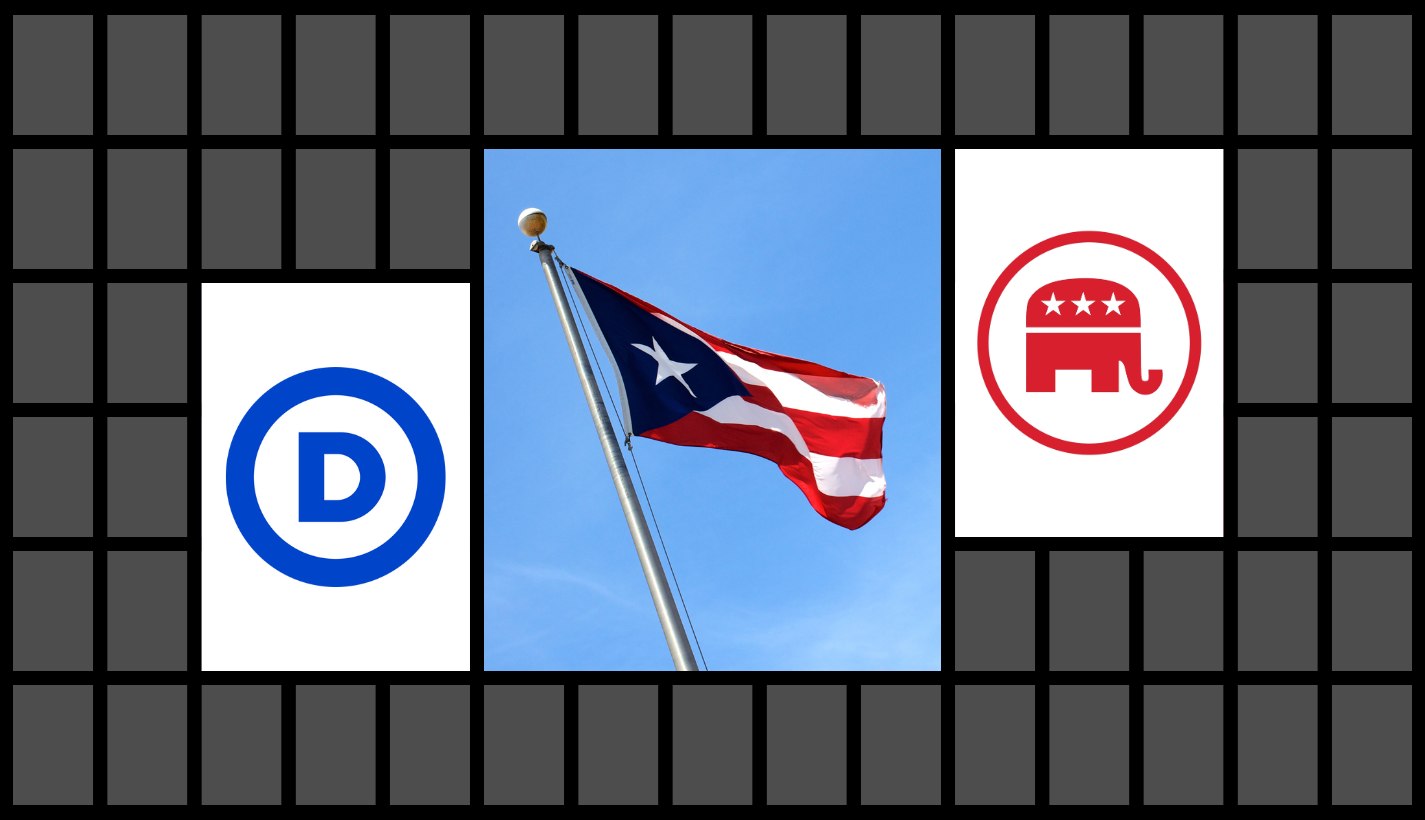
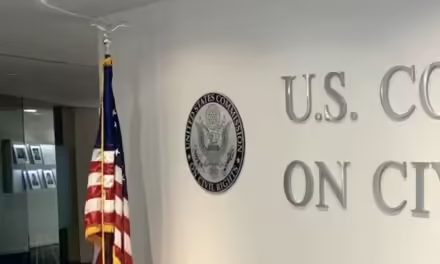


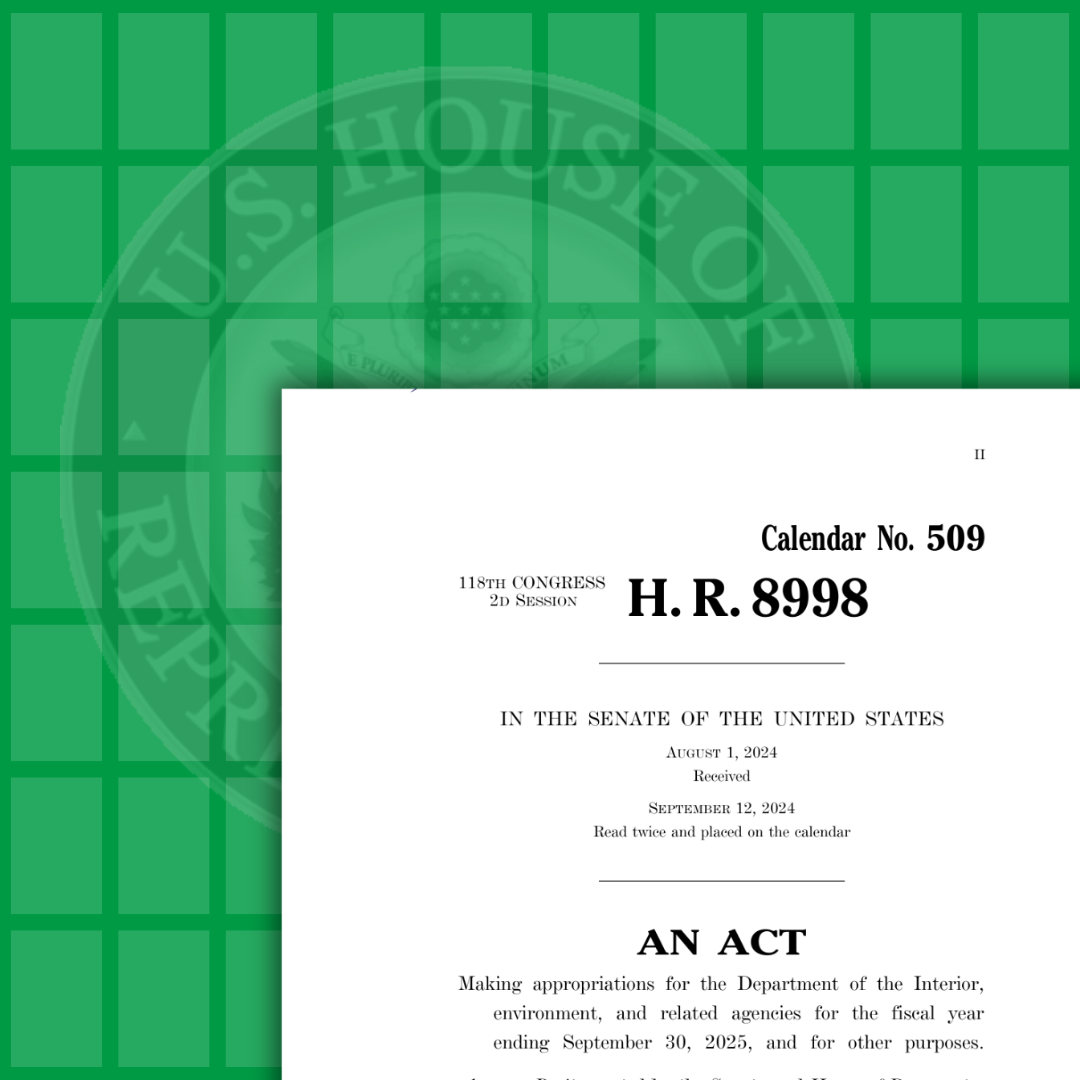
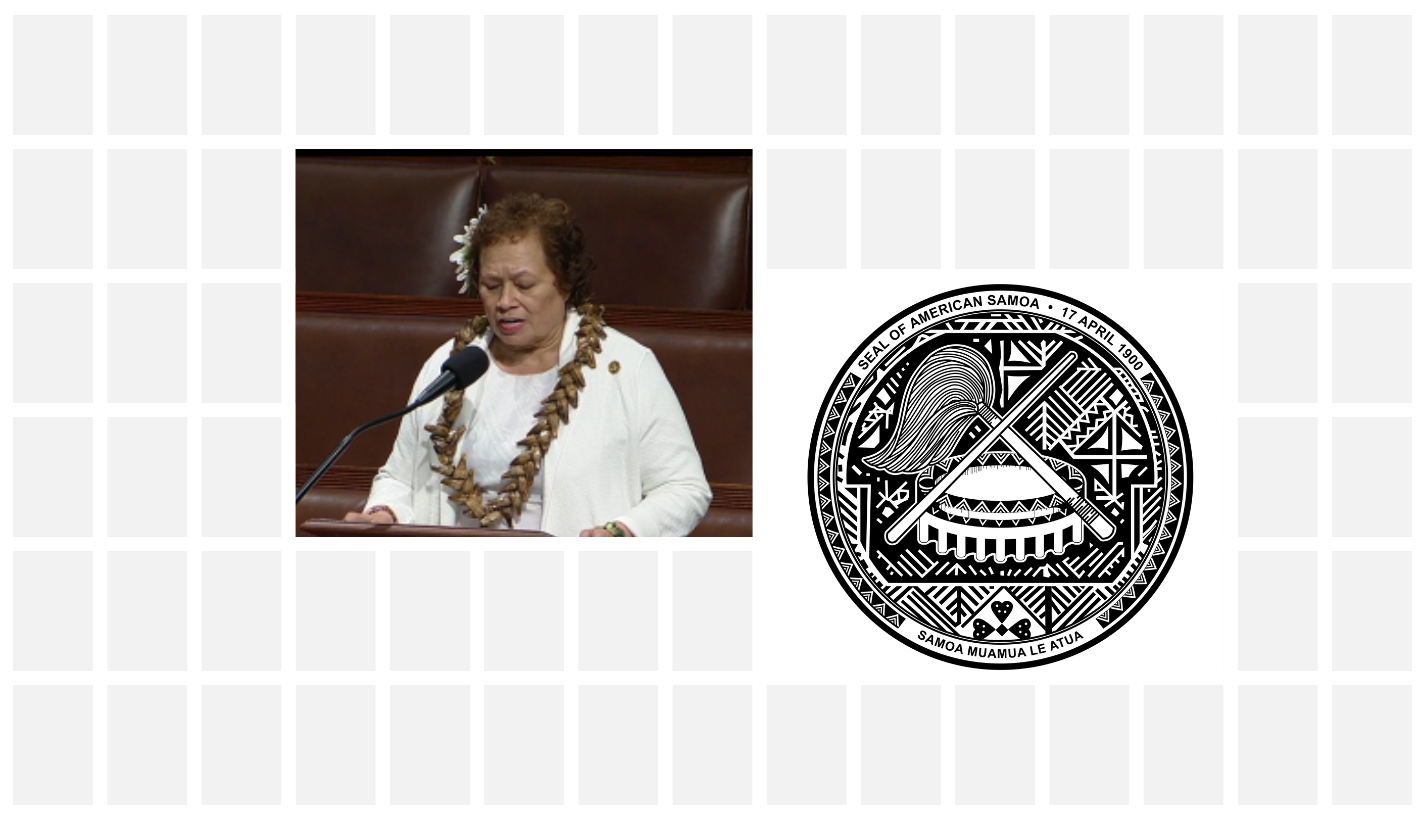
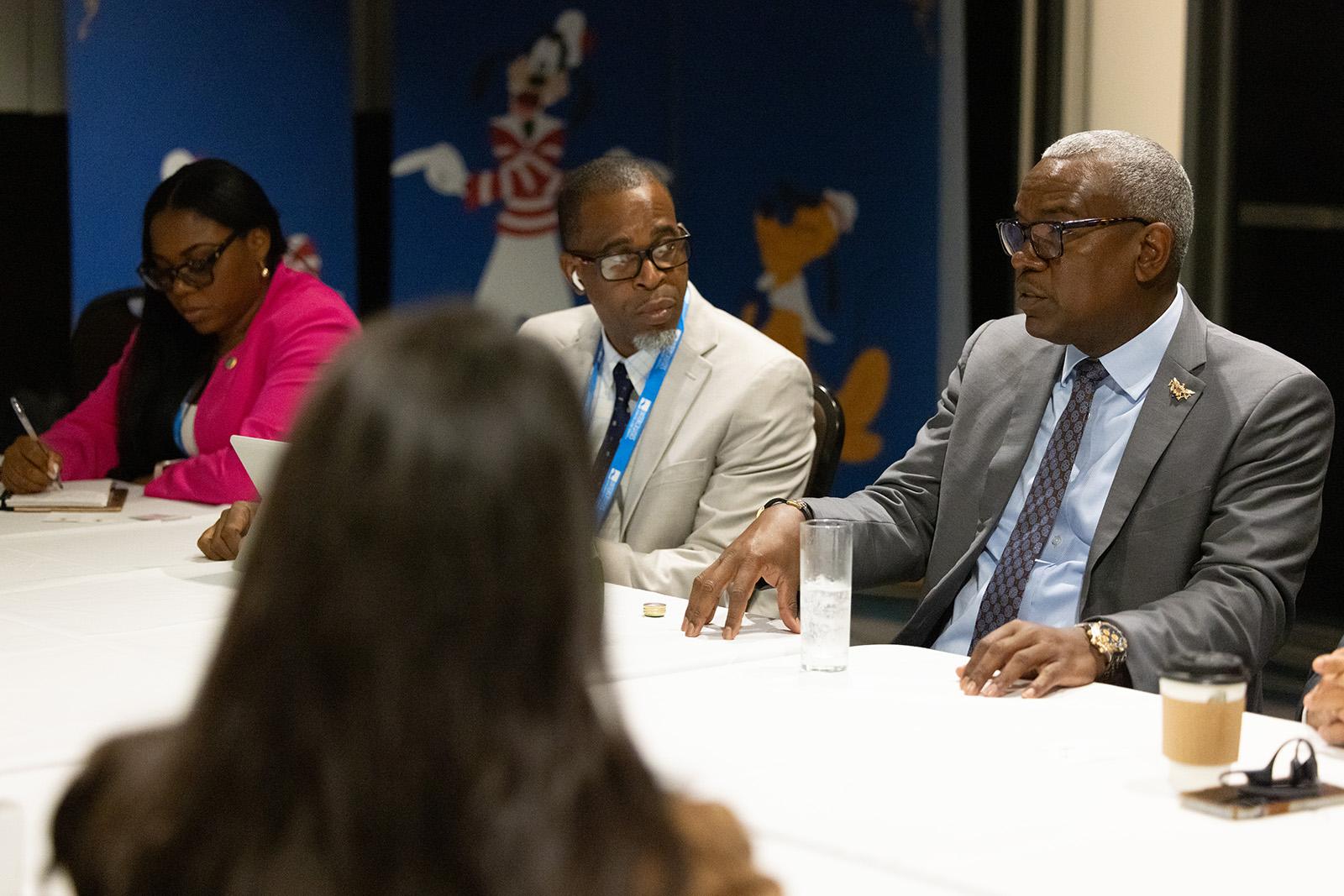

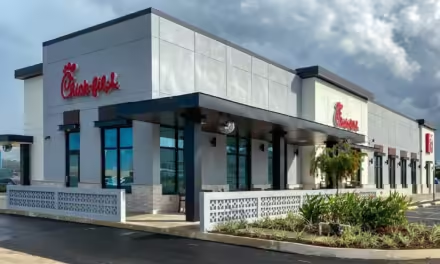


0 Comments